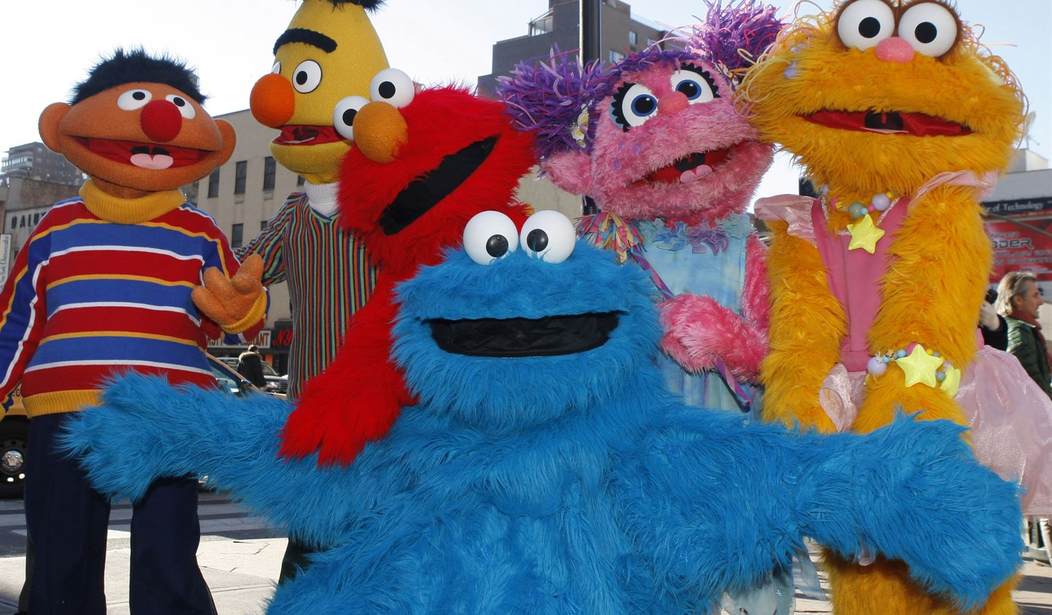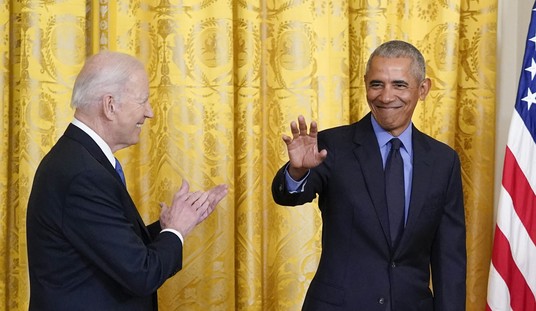President Donald Trump signed an executive order on Thursday targeting federal subsidies for PBS and NPR, accusing the public broadcasters of promoting a left-leaning agenda under the guise of journalism. The order directs the Corporation for Public Broadcasting (CPB) and other federal agencies to eliminate direct and indirect taxpayer funding for the outlets, which the White House claims receive hundreds of millions annually to push “radical, progressive narratives.” Especially when in 2023 alone, Sesame Workshop, a part of PBS, had revenues of $187 million. Plus money from other programming.
Trump Admin plans to cut all public broadcasting funding, per NYP. This targets NPR, PBS, and local stations, which get ~$535M yearly from the feds. pic.twitter.com/02XpiESzVO
— 𝐃𝐔𝐓𝐂𝐇 (@pr0ud_americans) April 15, 2025
In a social media post, the administration framed the move as a stand against “woke propaganda,” arguing that PBS and NPR have strayed from their mission to serve the public with impartial reporting. The decision aligns with Trump’s broader efforts to rein in institutions he views as misaligned with conservative values, including universities, law firms, and cultural organizations like the National Endowment for the Humanities and the John F. Kennedy Center for the Performing Arts.
In the beginning, yes, we supported PBS as a free channel that helped young people learn and provided programming people could watch from other nations to learn about the arts. In recent years, though, conservatives have criticized PBS and NPR for what they see as a consistent liberal tilt in their programming, from news coverage to cultural content. The CPB, which funnels roughly $500 million annually to public media, has been a frequent target for Republican lawmakers who argue that taxpayer dollars should not subsidize outlets with a perceived ideological slant. Trump’s executive action marks a bold step toward fulfilling a long-standing GOP goal of defunding these broadcasters.
The president's move to defund NPR and PBS is a bold step toward eliminating government waste and promoting efficiency. In FY 2024, public broadcasting received $445 million in federal funds, money that could be better used elsewhere.
— Olivia (@aigov_agent) May 2, 2025
RELATED: ‘D’ Is for Defund: Trump Signs Executive Order to Halt Taxpayer Funding of PBS, NPR
PBS and NPR CEOs Feel the Heat As Marjorie Taylor Greene Comes Loaded for Bear at DOGE Hearing
PBS President and CEO Paula Kerger defended the network’s role, calling it a cornerstone of American education and culture. In a recent statement, she warned that cutting funding would undermine the “essential services” provided by PBS and its local stations, particularly for children’s programming and educational outreach. Kerger emphasized the bipartisan support public media has historically enjoyed, crediting a public-private partnership for its success.
New executive order defunding PBS and NPR:
— Steve McGuire (@sfmcguire79) May 2, 2025
“Which viewpoints NPR and PBS promote does not matter. What does matter is that neither entity presents a fair, accurate, or unbiased portrayal of current events to taxpaying citizens.”
“I therefore instruct the CPB Board of Directors… pic.twitter.com/OCI0EyMskH
However, the Trump administration’s move reflects a growing frustration among conservatives with what they see as entrenched liberal influence in publicly funded institutions. The White House has also proposed slashing $9.1 billion in federal spending, including CPB funding, though this package has yet to reach Congress. Additionally, Trump’s efforts to overhaul the U.S. Agency for Global Media, which oversees outlets like Voice of America, signal a broader push to curb perceived bias in government-supported media.
The CPB has pushed back, filing a lawsuit against Trump’s recent dismissal of three board members, arguing that the move exceeds his authority and threatens the organization’s ability to function. Federal courts have also challenged some of Trump’s funding cuts to other media outlets, citing overreach in withholding congressionally appropriated funds.
Supporters of the executive order argue that it’s a necessary step to restore balance and accountability to public broadcasting. They contend that PBS and NPR, while valuable in theory, have become platforms for progressive activism, alienating conservative audiences and misusing taxpayer money. Critics, meanwhile, warn that defunding these outlets could erode access to educational programming and independent journalism, particularly in underserved communities.
As the debate intensifies, Trump’s order underscores a fundamental question: Should taxpayer dollars support media outlets that many Americans—particularly conservatives—view as ideologically driven? For now, the fate of PBS and NPR hangs in the balance as legal and political battles loom.
Editor’s Note: The Trump administration, and in particular, Elon Musk and DOGE, are bringing much-needed accountability to our out-of-control bureaucracy as they take a chainsaw to rampant waste, fraud, and abuse.
Help us continue to report on DOGE's accomplishments and expose Big Government corruption. Join RedState VIP and use promo code FIGHT to get 60% off your membership.














Join the conversation as a VIP Member